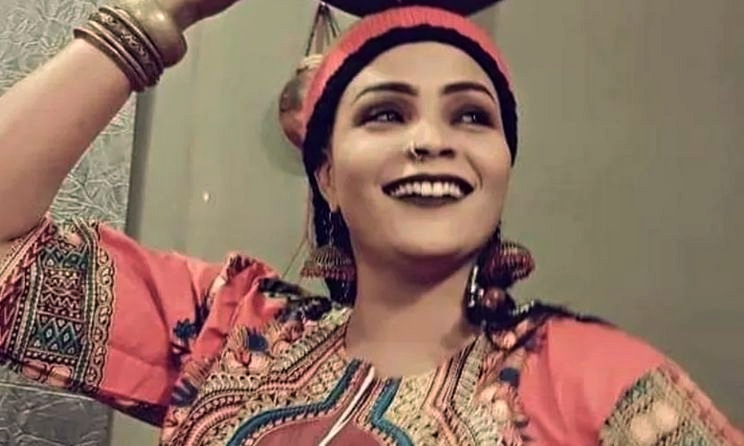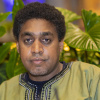Singer Shaden Gardood killed in Sudan conflict
Prominent Sudanese singer Shaden Gardood was among civilians killed during clashes between the army and the paramilitary Rapid Support Forces (RSF) in the city of Omdurman on 12 May.
 The late Shaden Gardood.
The late Shaden Gardood.
The singer died in crossfire between the fighting factions, in a conflict that has engulfed the country since 15 April. Her death was confirmed by her niece, Heraa Hassan Mohammed, on Facebook.
The BBC reports that Gardood lived in the El-Hashmab neighbourhood, where the national TV and radio building is located and which has become the epicentre of the fighting.
Omdurman is a culturally important city, as it is the birthplace of ‘Omdurman songs’ – a genre fusing Egyptian and European orchestral influences with Sudanese rhythms and melodies that was first broadcast on Radio Omdurman in the 1940s.
The late singer regularly took to Facebook to call out the perpetrators of the war, describing the clashes and shelling in her neighbourhood.
“We have been trapped in our houses for 25 days … we are hungry and living in an enormous fear, but are full of ethics and value,” the 37-year-old artist said in a recent video post.
In the video, Gardood can be heard saying: “Go away from the doors and the windows … in the name of Allah, we are going to die ready wearing our full clothes ... you should wear this, we will die in a better shape.”
Originally from the conflict-riven South Kordofan state, Gardood used music to promote peace in the region. She was also a researcher who documented the culture of her marginalised Al-Bagara community, especially the legacy of the traditional poets known as Hakamas.
Gardood is survived by her 15-year-old son, Hamoudy, and her mother and sister.
Other public figures killed in the war in the past few weeks include Sudan’s first professional actress, Asia Abdelmajid, 80, and footballer Fozi el-Mardi, 72, who was killed only a few days after his daughter died in crossfire in Omdurman.
Over 600 civilians have died and more than 4 000 have been injured in the war, with nearly 80% of hospitals facing severe food, water and electricity shortages. Constant ceasefires have been announced under the request of regional powers, but none have been upheld.
















Commentaires
s'identifier or register to post comments